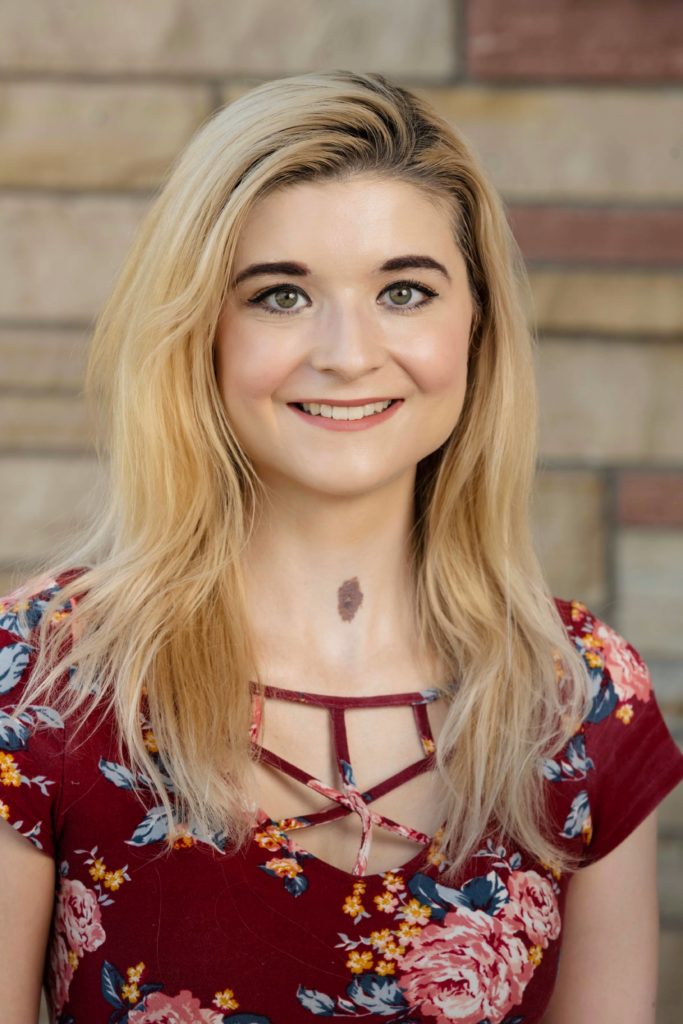
Eileen Owens, DVM, Diplomate ACVP
Postdoctoral Research Fellow, Clinical Hematopathology Lab
My interest in comparative and translational medical research began as an undergraduate student when I completed a One Health epidemiology research internship at the Institute for Conservation Medicine in St. Louis, Missouri, and worked as a lab animal technician for BioCryst Pharmaceuticals in Birmingham, Alabama.
These experiences introduced me to the interdependence of animal health, environmental conservation, and public health, and the importance of animal models in the study of human disease and the development of safe and effective therapies. After having the chance to see this wider translational and interdisciplinary application of veterinary medicine, I entered my first day of veterinary school at the University of Missouri (UM) knowing that I wanted my veterinary career to take me outside of traditional general practice.
This desire was further bolstered by my time in the Veterinary Research Scholars Program at UM, where I was mentored by a veterinary toxicologist and collaborated with MDs in the OB-GYN department of the UM School of Medicine on a study investigating the effects of hydraulic fracturing (fracking) chemicals in drinking water on fertility.
My role in this project included evaluating the testicular histopathology of mice exposed in utero to varying concentrations of these chemicals, and it was through this experience that I realized the potential that veterinary pathology has for impactful translational research. Following graduation from veterinary school, I began the combined anatomic pathology residency/PhD program at Colorado State University to continue my development as a researcher while also completing specialty training in pathology.
In 2022, I completed my residency training and became a board-certified veterinary anatomic pathologist. I transitioned to full-time PhD work in the Clinical Hematopathology Laboratory at CSU under the mentorship of Dr. Anne Avery and the support of the Translational Biomedical Research Training for Veterinarians Program at CSU.
The Clinical Hematopathology Laboratory functions both as a diagnostic laboratory for veterinary lymphoma/leukemia(s) and a research laboratory devoted to the molecular characterization of these cancers. My specific research area deals with characterizing and investigating the translational potential of canine peripheral T-cell lymphoma (PTCL) as a model for PTCL, not-otherwise-specified (PTCL-NOS) in humans, a poorly understood and aggressive form of lymphoma associated with short survival times.
Following the completion of my PhD work, my long-term career goal is to attain a position in academia or industry that allows continued opportunities for both pathology and translational oncology research.